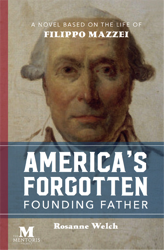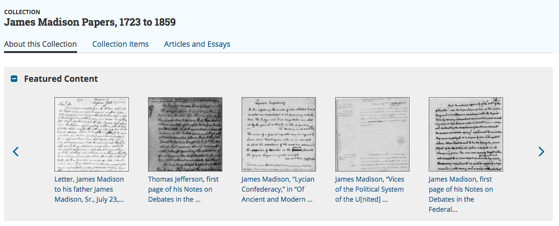Early 1960s television characters came in a one-size-fits-all, squeaky-clean-cut style, from Dr. Kildare in his white lab coat, to Hoss Cartwright in his white Stetson, to Sr. Bertrille in her white habit. That lasted until 7:30 p.m. Monday, September 12, 1966 when four long-haired teenagers began dancing a Monkeewalk while singing, “Hey, Hey, We’re the Monkees.”
Though it looked simple enough, the comedy was about more than four struggling musicians living in a beach house they couldn’t afford, without adult supervision, and hoping for success while engaging in Marx(Bros)ian humor. According to star Micky Dolenz, the only actor with previous television series experience: “It brought long hair into the living room and changed the way teenagers were portrayed on television.”
Dolenz’s opinion is backed up by psychologist and author Timothy Leary in The Politics of Ecstasy: “While it lasted, it was a classic Sufi[ism] put-on. An early-Christian electronic satire. A mystic magic show. A jolly Buddha laugh at hypocrisy. And woven into the fast-moving psychedelic stream of action were the prophetic, holy, challenging words. Micky was rapping quickly, dropping literary names, making scholarly references.”
Why The Monkees Matter: Teenagers, Television and American Pop Culture
* A portion of each sale from Amazon.com directly supports our blogs
** Many of these books may be available from your local library. Check it out!
† Available from the LA Public Library





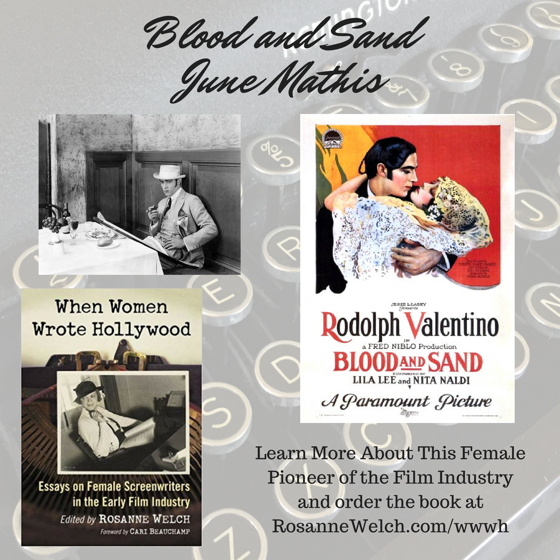
![12 Acceptance, Critics and The Monkees from How The Monkees Changed Television [Video] (0:48)](https://rosannewelch.com/wp-content/uploads/2018/08/monkees-tv-12-acceptance.jpeg)

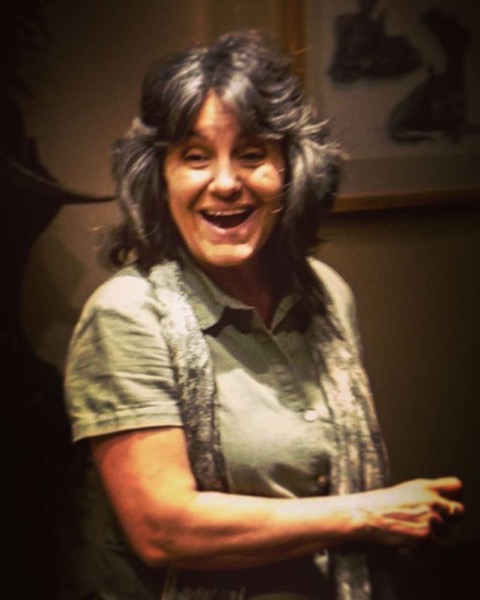
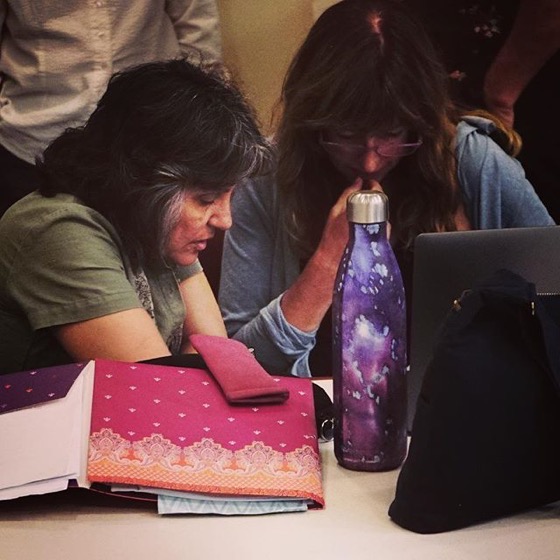

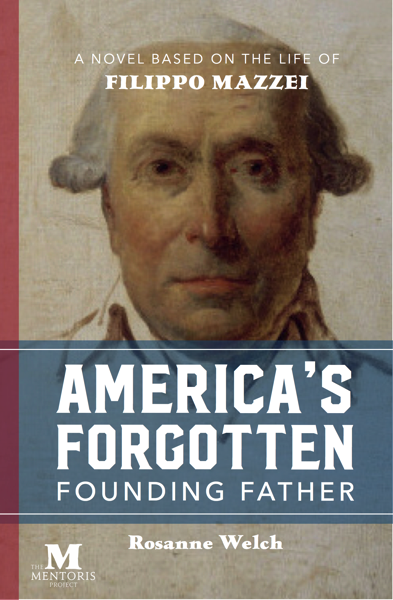












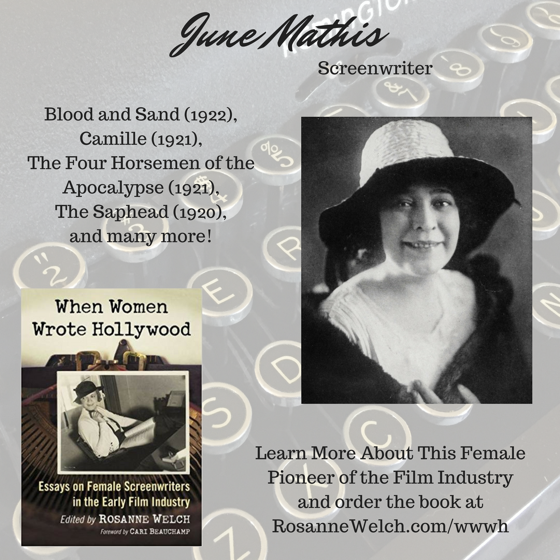
![23 Sarah Jane Smith from Gender Diversity in the Who-niverse [Video] (0:54)](https://rosannewelch.com/wp-content/uploads/2018/08/gender-dw-23-sarah-jane-smith.jpeg)
